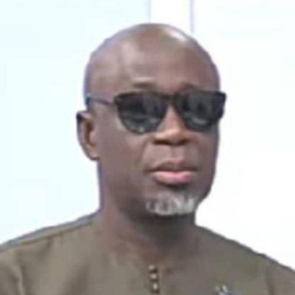
#Freedom of Expression
#Freedom of Expression
The Universal Declaration on Human Rights (UDHR) and the International Covenant on Civil and Political Rights (ICCPR) guarantee the right to freedom of expression, both in Article 19.
The right to freedom of expression is also protected by the UN Declaration on Human Rights Defenders, adopted by consensus by the General Assembly in 1998. The Declaration refers to specific ways in which human rights defenders exercise their right to freedom of expression, for example the publication of reports, discussing publicly the human rights situation, criticising government policies, etc.
In spite of this, HRDs, journalists and bloggers are often arrested and charged for publishing human rights-related information on websites, blogs or social networking sites, or for criticising authorities or government policies, both online or offline.
Freedom of expression is not only important in its own right but is also essential if other human rights are to be achieved.
Article 19, UDHR:
Everyone has the right to freedom of opinion and expression; this right includes freedom to hold opinions without interference and to seek, receive and impart information and ideas through any media and regardless of frontiers.
Article 19, ICCPR:
1. Everyone shall have the right to hold opinions without interference.
2. Everyone shall have the right to freedom of expression; this right shall include freedom to seek, receive and impart information and ideas of all kinds, regardless of frontiers, either orally, in writing or in print, in the form of art, or through any other media of his choice.
3. The exercise of the rights provided for in paragraph 2 of this article carries with it special duties and responsibilities. It may therefore be subject to certain restrictions, but these shall only be such as are provided by law and are necessary:
(a) For respect of the rights or reputations of others;
(b) For the protection of national security or of public order (ordre public), or of public health or morals.







